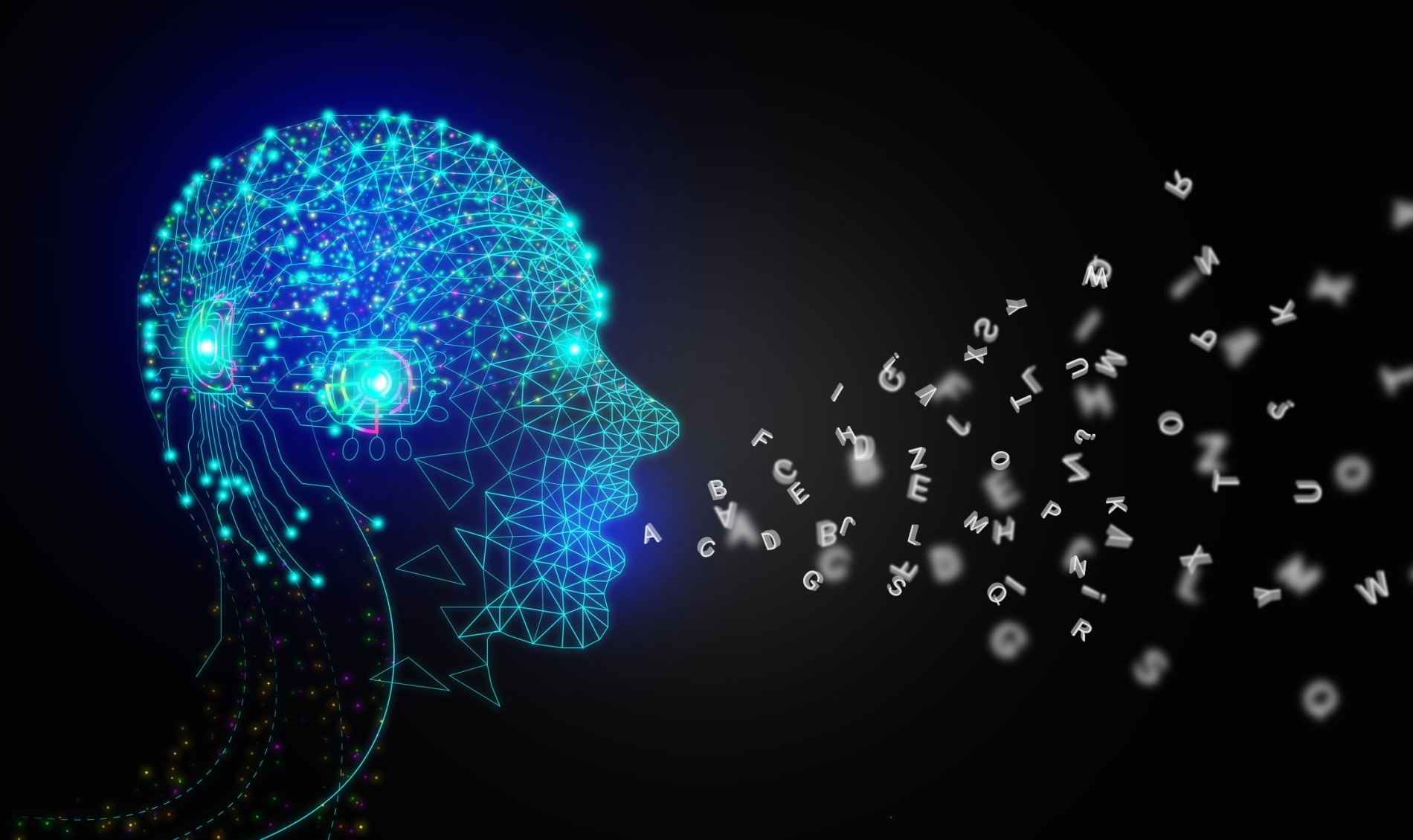 The future of healthcare is on the brink of a high-fidelity transformation, thanks to the advancements in generative AI. According to Nirav R. Shah, a Senior Scholar at Stanford University School of Medicine, generative AI has the potential to revolutionize the care provided to patients by enabling personalized treatment plans, real-time patient monitoring, and advanced diagnostics.
The future of healthcare is on the brink of a high-fidelity transformation, thanks to the advancements in generative AI. According to Nirav R. Shah, a Senior Scholar at Stanford University School of Medicine, generative AI has the potential to revolutionize the care provided to patients by enabling personalized treatment plans, real-time patient monitoring, and advanced diagnostics.
Shah points out that the healthcare industry has historically lacked user-centered design, resulting in physicians and medical care providers spending a significant amount of time on data entry and navigating complex interfaces. However, generative AI can change this trajectory by streamlining administrative tasks and reducing the drudgery and delays associated with them.
One of the key benefits of using generative AI in healthcare is improving diagnostic accuracy. Large language models can be trained to better diagnose diseases and provide greater accuracy in detecting them by combining multisensory input. Shah emphasizes the importance of integrating real-time data for instant diagnostics and effectively tracking early disease detection. Additionally, future tools should make use of available genetic data and wearables to enhance diagnostic accuracy.
Another area where generative AI can make a significant impact is in enhancing patient care and management. AI-driven telehealth and virtual platforms can improve healthcare access, especially for in-home patient care. By leveraging patient data, personalized treatment plans can be created to improve patient care. Real-time monitoring and interventions can also aid in chronic disease management. Shah envisions a future where continuous remote care becomes the norm, shifting the focus from episodic visits to more proactive and personalized care.
Streamlining administrative processes is another area where generative AI can bring about transformative changes in healthcare. By automating scheduling, billing, and documentation, provider workloads can be reduced, leading to increased efficiency. Shah predicts that chatbots and virtual assistants will eventually handle patient inquiries, further enhancing the overall experience. Seamless and efficient healthcare delivery can be achieved by combining the latest technologies with real-time telemetry to identify potential conditions and provide pre-emptive treatments.
Generative AI also has the potential to support clinical decision-making. AI-driven support systems can provide evidence-based recommendations, enabling more informed decisions in a shorter amount of time. Additionally, gen AI can help enhance treatment outcomes with tailored suggestions and monitor vitals for timely alerts. Shah envisions advanced AI playing a crucial role in real-time support during surgeries and critical care, as well as predicting patient deterioration and improving clinical guidelines.
Lastly, generative AI can revolutionize research and development in the healthcare industry. By accelerating drug discoveries, reducing time and costs for clinical trials, and identifying new uses for existing drugs, gen AI can significantly advance medical research. Personalized medicine can be enhanced with genetic-based treatments, while genomic studies can discover new biomarkers and advance disease understanding.
In conclusion, generative AI holds immense potential for transforming healthcare by enabling personalized treatment plans, real-time patient monitoring, and advanced diagnostics. By streamlining administrative processes, supporting clinical decision-making, and revolutionizing research and development, gen AI can bring about a high-fidelity future in healthcare. The integration of real-time data, precision, and personalization will ultimately enhance patient outcomes and overall health.

